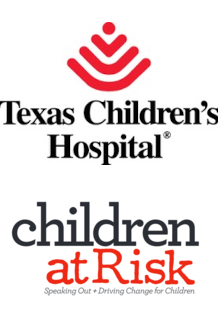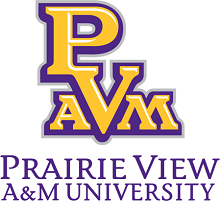Abstract
This is an original and ground-breaking article because the authors have operationalized important concepts in family-centered thinking and practice, developed assessment tools that can be used for testing the validity of these concepts and then collected data from control and treatment groups of families in four very different service areas.
Nevertheless, the use of 'structural family therapy' in the title and design of instruments without grounding this research in the non-linear systems assumptions that are the hallmark of the literature on structural family therapy, obscures some of the theoretical and practice problems that are faced in family treatment today.
Key Take Away Points
- Excellent example of field based, and evidence-based research design, i.e., using control and treatment groups across four very different family service areas.
- Excellent effort in creating original assessment tools for families to use to assess themselves and provide information to support therapy.
- The way the terminology of 'structural family therapy' is used in the article is not in synch with the non-linear systems literature of structural family therapy.
- We need to make explicit the differences between family-centered and structural family theory so we can then figure out how to integrate both approaches in a manner that can be effective.
Author Biography
Dr. Roger S. Friedman is a licensed psychologist and social worker with over 33 years of clinical experience in providing individual, couples and family therapy. In addition, he serves as Adjunct Faculty at the University Of Maryland Graduate School Of Social Work, Clinical Faculty in family and couples therapy at the Jewish Social Services Agency of Rockville, MD., and Consultant/Trainer for the Department of Human Resources of Maryland. Dr. Friedman also provides consultation, training and organizational development services with focus on family-centered practice and the impact of secondary traumatic stress on helpers. He has consulted with the Maryland Office of Adult Services, the DHR State Office of Child Protective Services, local social service agencies across Maryland, and state child welfare systems across the country. As a full-time faculty member at the University Of Maryland School Of Social Work in the 1980s, he developed and trained staff for Maryland’s pioneering state-wide family preservation initiative and continues to support family-centered practice and improving the quality of services in child welfare and adult services. He has presented workshops at many national and regional conferences and published widely on secondary trauma in human services, organizational change and family practice in public agency social work. He is a member of the National Association of Social Workers, American Psychological Association, and a Fellow of the Maryland Psychological Association. He serves on the Editorial Board of the Journal of Family Strengths. In the summer 2011, Dr. Friedman founded the first of its kind, family-centered overnight camp for Kinship Care families involved in the child welfare system in partnership with Harris County (Houston) Texas Department of Protective Services. Dr. Friedman received a PhD in Developmental Psychology from the University of Maryland at College Park in 1981, a Master's Degree in Social Work from the University of Maryland at Baltimore in 1978, and a BS in Social Psychology from Northwestern University in Evanston, Ill., in 1970. He and his wife, Roz Beroza, LCSW-C, live in Silver Spring, Maryland and have three grown children, Amanda, Michaela and David.
Recommended Citation
Friedman, Roger S.
(2013)
"Commentary on "Family-Directed Structural Therapy: Ten Years of Building on Family Strengths","
Journal of Family Strengths: Vol. 13:
Iss.
1, Article 11.
DOI: https://doi.org/10.58464/2168-670X.1232
Available at:
https://digitalcommons.library.tmc.edu/jfs/vol13/iss1/11
A Response To:
Tara McLendon, Family-Directed Structural Assessment: Facilitating Strengths-Based Family Assessment and Engagement


